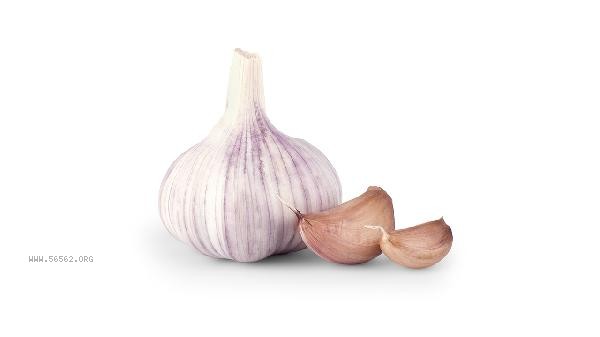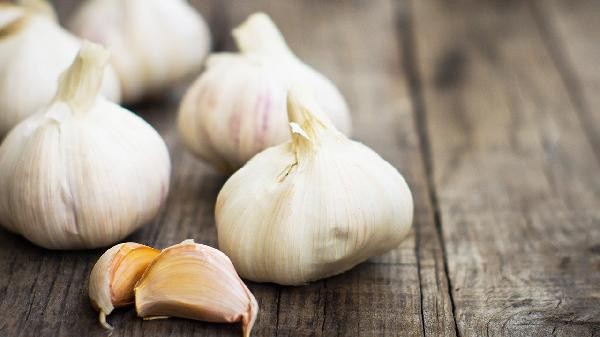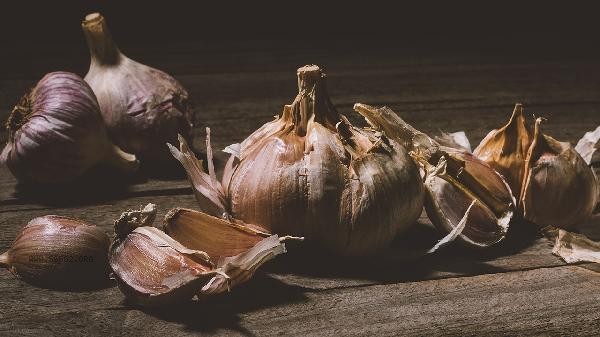The key to preserving garlic without sprouting or rotting lies in controlling humidity, temperature, and light. Methods such as hanging ventilation, refrigeration sealing, vacuum packaging, desiccant moisture prevention, and oxygen isolation can be used.

1. Hang and ventilate
Braid intact and unpeeled garlic cloves or put them in mesh bags and hang them in a cool and ventilated place. Air circulation can prevent the accumulation of moisture and delay the respiration of garlic. Suitable for short-term storage, the environmental humidity should be kept below 60% to avoid direct sunlight that may cause skin cracking or internal germination.
2. Refrigerate and seal
Put the peeled garlic cloves into a sealed preservation box, pad it with kitchen paper to absorb moisture, and then refrigerate. Low temperature can inhibit garlic enzyme activity, but attention should be paid to sealing to prevent moisture from entering the refrigerator. This method can be stored for several weeks, but long-term refrigeration may cause the texture of garlic cloves to soften, making it suitable for immediate use.
3. Vacuum packaging
Place intact garlic cloves or cloves into a vacuum bag, evacuate and seal to isolate oxygen and microorganisms. A vacuum environment can block the metabolic conditions required for germination and can be stored for several months at room temperature. Ensure that the packaging is undamaged and should be used as soon as possible after opening.

4. Moisture proof desiccant
Lay food grade desiccant or quicklime on the bottom of the storage container, cover with gauze, and then put garlic cloves in. Desiccants can continuously absorb environmental moisture and keep the container relatively dry. Regularly replace the desiccant to avoid moisture damage and failure.
Fifth, isolate oxygen
Bury garlic cloves in rice, salt, or edible alkali to create a low oxygen environment using the hygroscopic properties of these substances. The starch layer in rice can absorb moisture, while salt and alkali can inhibit bacterial growth. Ensure complete coverage and regularly check for mold. When storing garlic in daily life, priority should be given to selecting high-quality garlic with dry and undamaged skin. Sprouted garlic may be edible, but its flavor decreases. If it is found to be rotten, it should be discarded immediately to avoid contaminating other ingredients. You can try making some garlic cloves into minced garlic and freezing them, or soaking them in edible oil to make flavor oil, which can extend the shelf life and enrich the taste of the dish. Avoid mixing garlic with easily ethylene releasing ingredients such as potatoes and onions, regularly check the humidity of the storage environment, and use a dehumidifier to adjust if necessary.










Comments (0)
Leave a Comment
No comments yet
Be the first to share your thoughts!